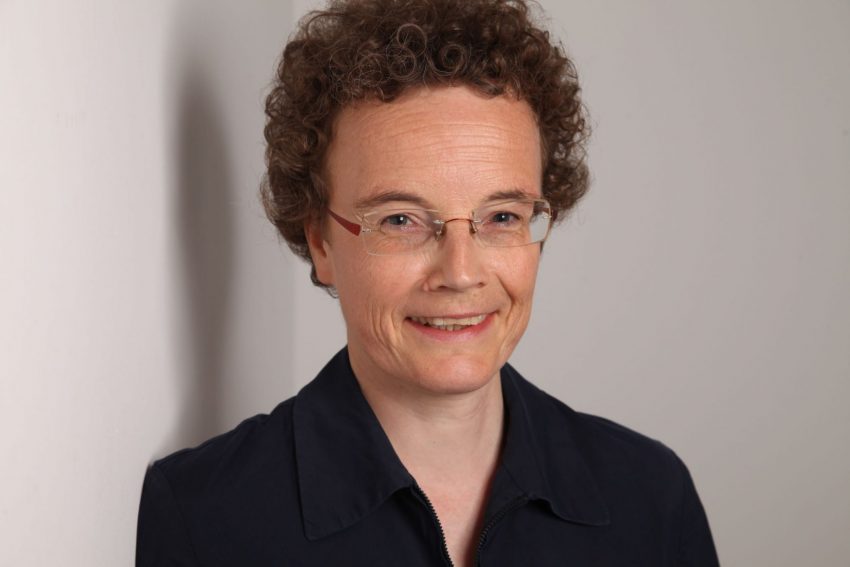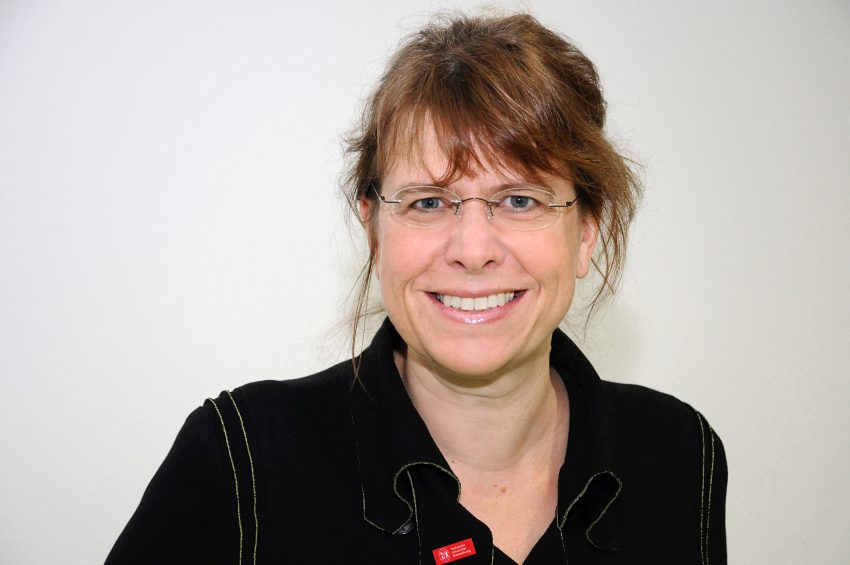99 TU Braunschweig researchers among the most cited scientists
The Stanford/Elsevier citation database has been providing information on the world’s most cited scientists since 2015. The so-called ‘Stanford List’ is published every year and names the top two percent of researchers in their respective fields. TU Braunschweig is very proud that 99 active and former researchers from TU Braunschweig are represented in the ranking in the latest update of the list.

Professor Heike Bunjes is one of the 2% most cited researchers in the field of Pharmacology & Pharmacy. Picture credits: Photo Artmann
The index categorises researchers into 22 scientific fields and 174 sub-fields. The difference between this ranking and the pure h-index is that it is more sensitive to details of co-authorship and author positions: Configurations such as single, first and last authorship are weighted more heavily. Different rankings are produced, including a career-wide ranking and a ranking that describes the achievements of the most recent year (2023).
A total of 62 active researchers at TU Braunschweig are included in the lists of the world’s most cited researchers. This is 25 per cent of the total number of professors at TU Braunschweig (243).
‘A truly remarkable achievement of which we can all be very proud,’ says TU Braunschweig President Angela Ittel. ‘Together with retired researchers, a total of 99 TU Braunschweig researchers are included in the ranking, which underlines the achievements of our university in a very visible way internationally.’
The underlying database with all names and indices is freely accessible.

Professor Simone Kauffeld is one of the 2% most cited researchers in the field of Business & Management. Falko Jung/TU Braunschweig
The indicators used here to measure research performance are just one way of presenting the diverse activities of our scientists. TU Braunschweig has been actively involved in the Coalition for Advancing Research Assessment (CoARA) for two years. CoARA is an association of organisations at a global level that are committed to reforming the methods and processes used to assess research, researchers and research organisations. The aim is to provide a comprehensive representation of research performance and thus also take into account disciplines in which purely quantitative indicators cannot provide an adequate picture of research performance.
We congratulate all our researchers on their successes!
